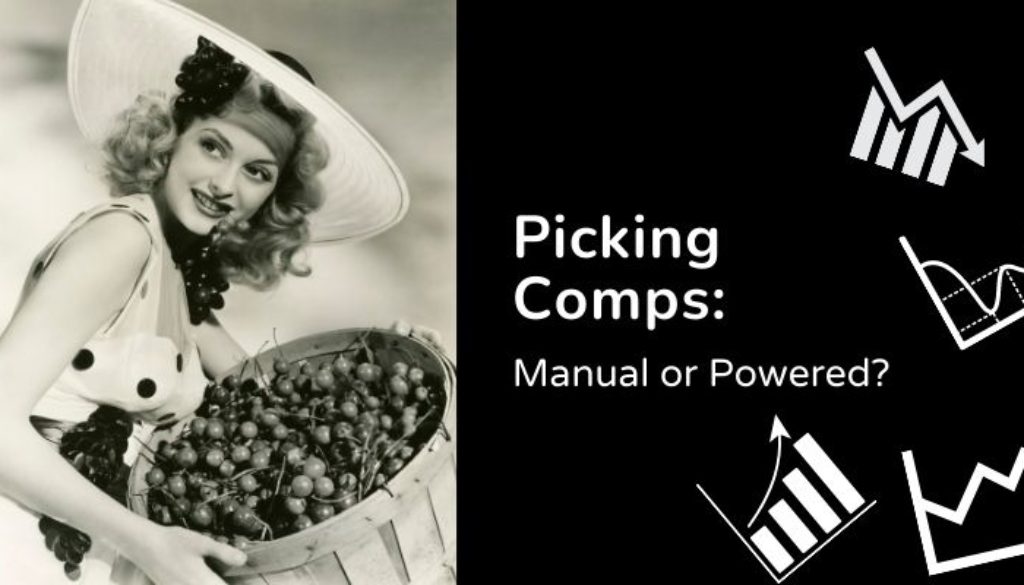Picking comparable sales is critical. Selecting the ‘best’ four or five ‘comps’ requires experience and training. Appraisal education tells us a good comparable is competitive, similar, and able to be compared.
Customary training and practical experience generally focus on analysis and presentation of three to six comparables. Unfortunately, this is NOT what is required by USPAP! (Uniform Standards of Professional Appraisal Practice)
Standards Rule 1-4 clearly states: “An appraiser must analyze such comparable sales data as are available.” (Emphases added.) So why do appraisers regularly and insistently violate this clear-cut rule when picking comps?
Ironically, there are explanations of why this universal ‘violation’, this gross dissonance, this professional groupthink can exist:
- It’s what we are taught and required for licensing.
- It’s reinforced by the AI time-proven “Body of Knowledge.”
- USPAP says we should do what peers do, and that’s what they do.
- It’s what our clients expect.
The only ‘official’ answer I have ever heard in response to this possible conflict, was by a former Appraisal Standards Board member, and spokesperson for the Appraisal Institute: “Appraisers actually do analyze all the data – they just do it in their head!”
This reminds me of when an appraiser, in court, on the stand, was asked how he came up with an adjustment. He said something like “I just sloshed it around in my head, and the answer fell out.”
Could it be that this continued insistence on personal credibility is bringing the demise of the profession? Recall that USPAP defines ‘credible’ as “worthy of belief.”
Could it be that what the world needs now is reliability, perhaps measurable reliability? As a well-known statistician (as quoted by an anonymous source) said: “If you merely give your final best number, some troublesome fellow will demand to know how accurate the number is.”
Believability was sufficient in the past. Today, clients need to know how accurate the number is. Recall George Dell’s impossibility theorem: You can’t get objective results from subjective data.”
This problem is exaggerated today, due to the interest in the potential for personal or analytic bias in appraisals.
Could it be that manual comp-picking could be a great source of any real or perceived bias in appraisals?
Could it be that a “valuation process” that teaches picking comps comes before doing a market analysis is fundamentally problematic? How do we know what data to select, prior to analyzing the general market, and clearly identifying the Competitive Market Segment (CMS)©?
This is a fundamental flaw in the historical appraisal body of knowledge. Valuation is market analysis.
We must learn to measure markets, not compare comps.
More to come.

August 18, 2021 @ 8:54 am
George, there you go being all logical again! Why would anyone want to measure the reliability of a valuation?
So i have a residential appraiser trainee for the first time in decades. I am relearning the 1004 form and attachments. The form allows for 3 sales comps and you can add a sheet with another 3 comps. That is the only process the trainee knows. Fortunately there is a Market Condition Addendum which provides statistics based upon the entire MLS data set for the neighborhood.
The valuer using their judgment and selecting 3 to 6 comps is engrained the residential and commercial valuation culture. Personally I believe that process has value. But not at the expense of looking at the larger set of data. As a reviewer, i have to shake my head when i see a commercial appraiser using regression analysis with a data set of 5 comps. And try to pass it off as statistically significant. Really.
So, where do we go next? You will be swimming against a current